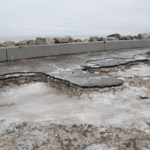COMMENTARY: Lake Erie the perfect destination for socially distant escape
The shoreline and islands of Lake Erie offer an idyllic setting for summer travelers searching for natural beauty, watersports, and other outdoor adventures. Read the full story by the Springfield News Sun.
Great Lakes Commission
https://www.glc.org/dailynews/20200904-lake-erie-nice


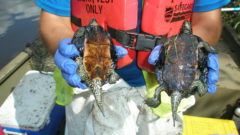


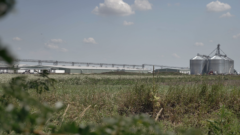
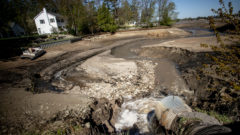
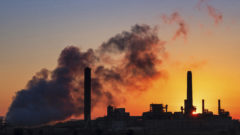
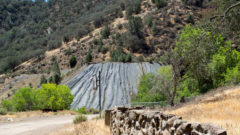
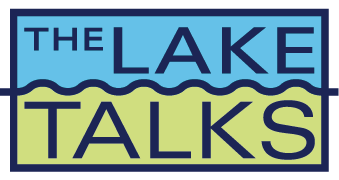 Topics include aquatic invasive species, eating local fish and Green Bay’s ecosystem
Topics include aquatic invasive species, eating local fish and Green Bay’s ecosystem